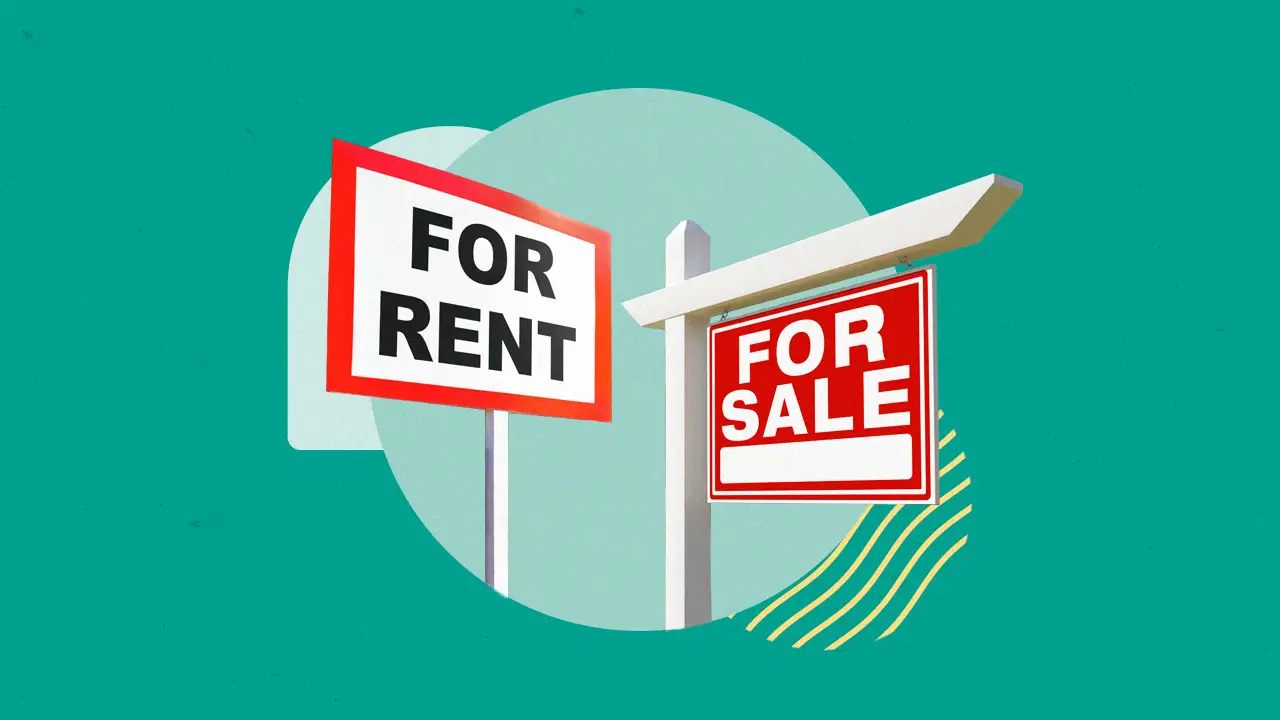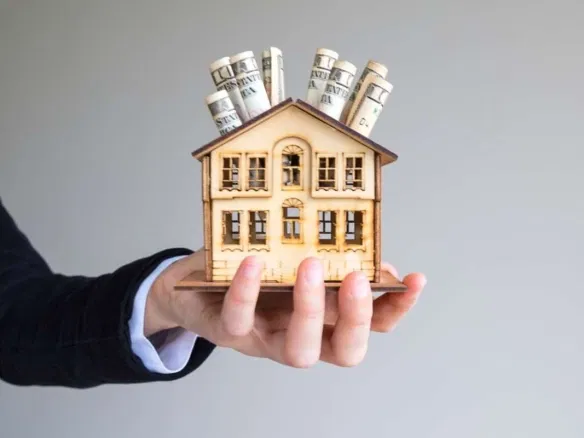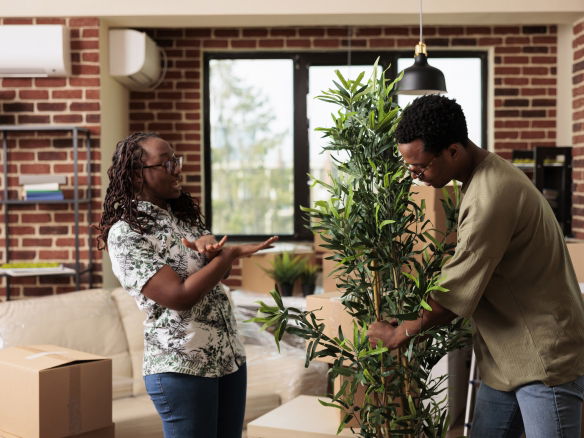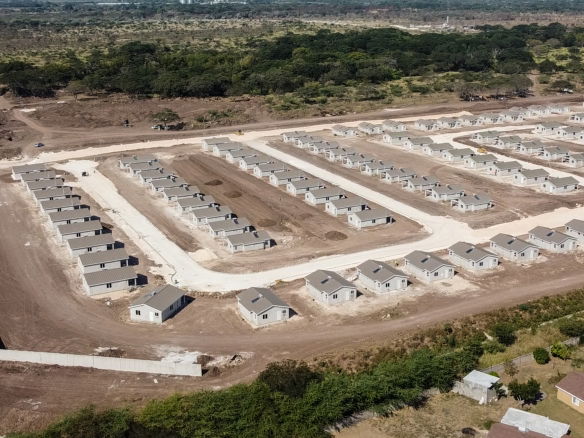A major decision that many people have to make is whether to buy vs rent a home, particularly when thinking about moving to a place like Jamaica. With its breathtaking scenery, energetic culture, and expanding economy, Jamaica offers special possibilities to both buyers and renters. Which choice is best for you, though, will depend on several things, such as your long-term objectives, lifestyle preferences, and financial constraints.
Table of Contents
- Upfront Costs vs. Long-term Investment
- Market Trends
- Flexibility and Lifestyle Considerations
- The Impact of Legal and Regulatory Factors
- Costs Over Time: Renting vs. Buying
- Tax Implications: Renting vs. Buying
- Equity Building vs. Liquidity
- Personalization and Control Over the Living Space
- Long-term Stability vs. Flexibility
- Resale Potential and Market Considerations
- Emotional and Psychological Factors
- Weighing the Pros and Cons
- Your Decision: Evaluating Personal Goals and Market Realities
- Renting or Buying – A Personal Decision
Upfront Costs vs. Long-term Investment
The upfront cost differential between purchasing and renting real estate in Jamaica is one of the biggest distinctions. Less money is usually required upfront when renting; this amount is frequently just the security deposit and the first month’s rent. Because of this, renting is a desirable choice for people who do not have large savings or who would rather keep their money flexible for other needs or investments.
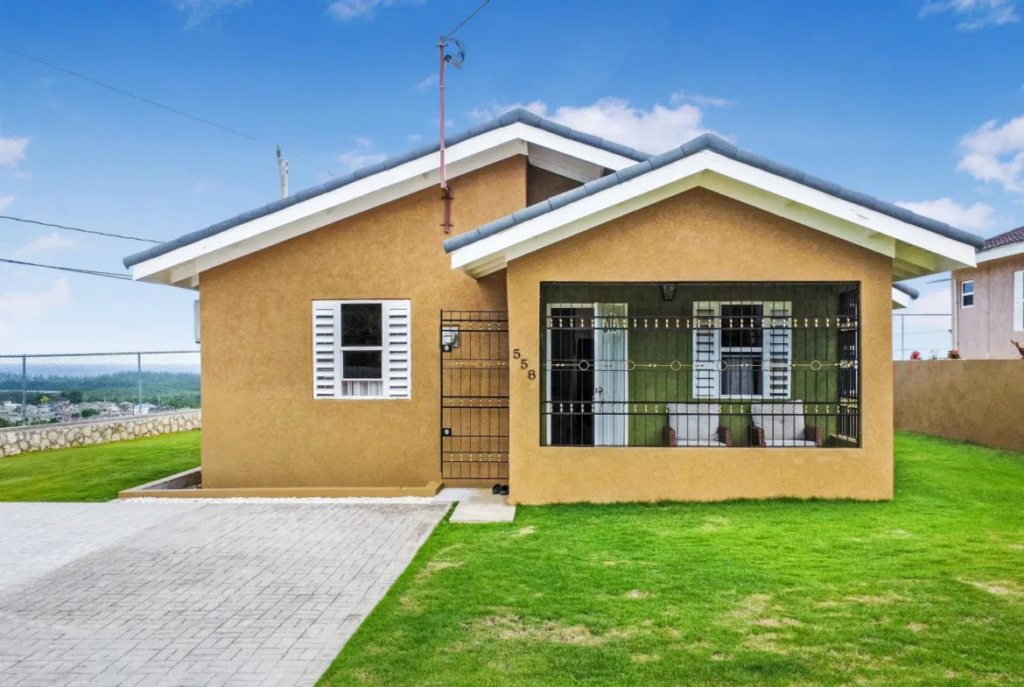
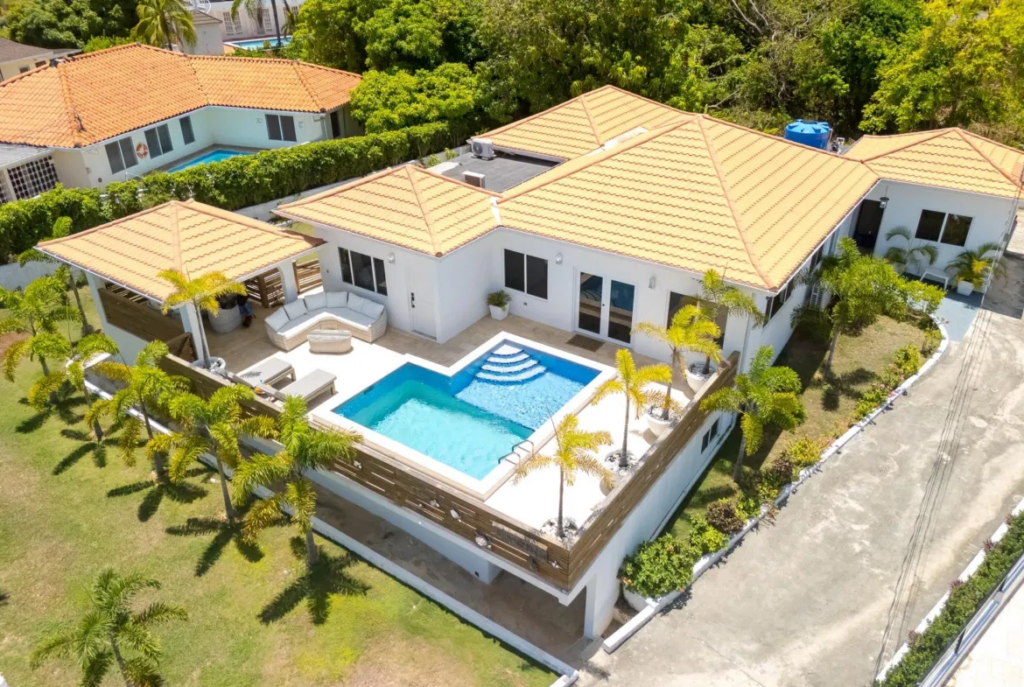
However, there are significant upfront costs associated with purchasing a home in Jamaica. These can include, among other things, a down payment, closing charges, property taxes, and attorney fees. Depending on the lender and the buyer’s financial situation, the down payment alone may represent 10% to 20% of the purchase price of the home. There are also recurring expenses like utilities, insurance, upkeep, and mortgage payments. Nonetheless, buying a house may also be viewed as a long-term investment that gradually increases equity and has the potential to produce substantial returns in a market where real estate values are rising.
Market Trends
Due to a rise in foreign investments, tourism, and the middle class, the Jamaican real estate market has experienced significant expansion in recent years. Property values have been growing as a result, especially in in-demand locations like Kingston, Montego Bay, and Ocho Rios. This tendency implies that buying real estate could be a wise investment for prospective buyers, especially if the property’s value keeps rising.
Though real estate can be a profitable investment, it is important to keep in mind that market swings can affect it as well. Property values may be impacted by natural disasters, policy changes in the community, or economic downturns. Since tenants are not bound by a mortgage or the property’s long-term value, they could be less concerned about market volatility. Renters may also profit from having more freedom to move if their circumstances or the market shifts.
Flexibility and Lifestyle Considerations
When it comes to flexibility, renting is better than purchasing. Renting makes moving easier for expats, digital nomads, and people who aren’t sure what their long-term goals are, as it eliminates the hassle of having to sell a home. This flexibility is especially helpful in a place as dynamic as Jamaica, where a lot of people go for extended holidays, temporary work assignments, or to give it a try before relocating permanently.
In Jamaica, having a house gives you security and a feeling of community. Purchasing can give long-term residents the flexibility to make the property their own by adding their touches and customizations. Landlords may enforce regulations and restrictions, but homeowners are not bound by them, and there is a greater sense of permanence and community involvement. Furthermore, having a home enables equity to build up, which can then be leveraged for other investments or utilized as loan security.
The Impact of Legal and Regulatory Factors
Jamaica has specific legal and regulatory requirements for both renting and buying properties. Renters need to be aware of local tenancy laws, which protect their rights but also outline responsibilities such as maintaining the property and adhering to the terms of the lease agreement. Landlords in Jamaica typically require references and proof of income, and some might have restrictions regarding pets or alterations to the property.
However, purchasing a home entails a more involved legal procedure. For example, foreign purchasers must follow certain rules, such as getting a Taxpayer Registration Number (TRN) and abiding by the prohibitions on buying particular kinds of land. To make sure there are no encumbrances or legal conflicts, the buying process also includes due diligence procedures including title searches and property surveys. It is also recommended that buyers collaborate with a local real estate lawyer to navigate the complexities of Jamaican property law and ensure a seamless closing process.
Costs Over Time: Renting vs. Buying
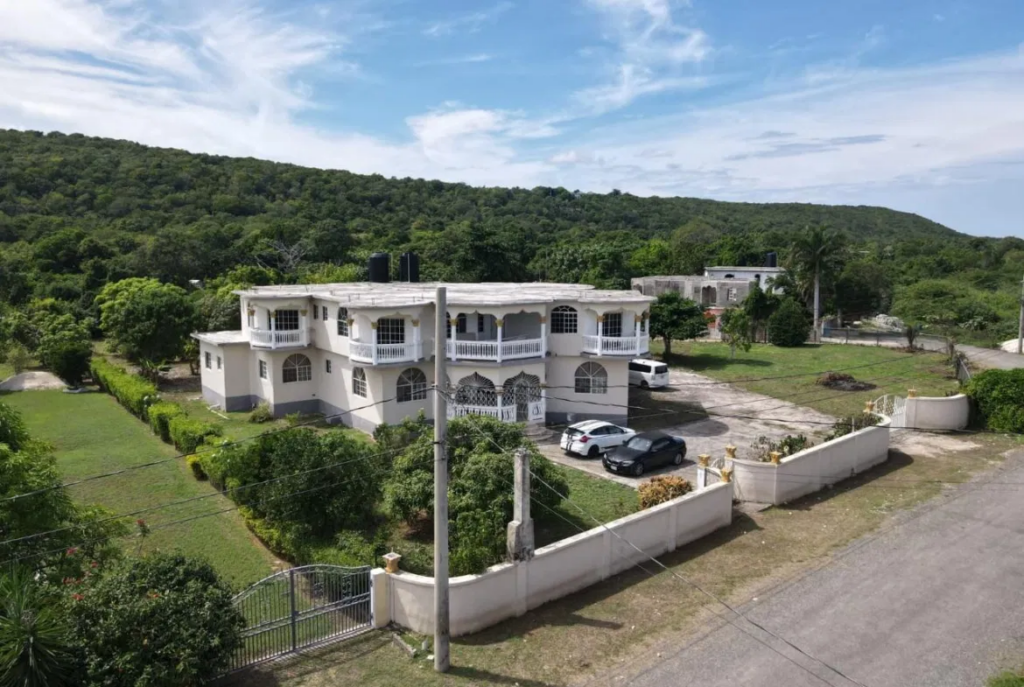
The financial paths of owning and renting differ when the costs are factored in over time. For the term of their lease, renters normally pay a set monthly sum. Although rent may go up over time, they are not liable for property taxes, large repairs, or upkeep expenses. This consistency can help prevent unforeseen spending and facilitate budgeting. The expenses are less predictable for homeowners. If you have a fixed-rate mortgage, your payments may not change, but other costs, such as insurance, property taxes, upkeep, and repairs, may. But if you own a home, you are investing in something that might grow in value over time and, should the property’s worth rise, yield a sizable return on your capital.
Tax Implications: Renting vs. Buying
When selecting whether to buy or rent in Jamaica, taxes are another important factor. Certain tax deductions for property taxes and mortgage interest may be available to homeowners. These advantages could, however, differ depending on the particular situation and kind of property. For example, compared to principal residences, properties used as vacation rentals could be eligible for alternative tax treatment.
Conversely, tax deductions related to housing expenditures are typically not available to renters. On the other hand, they are exempt from paying property taxes, which in certain places can be very expensive for homeowners. Making an informed selection requires expatriates or foreign investors to comprehend the local tax ramifications, including any prospective tax treaties between Jamaica and their home nation.
Equity Building vs. Liquidity
The chance to accumulate equity is among the strongest justifications for purchasing as opposed to renting. A portion of each mortgage payment is applied to the principle, which progressively increases your share of the property ownership. With time, this equity has the potential to grow into a significant financial asset that may be used for several things, like starting a business, funding college, or building a retirement fund.
On the other hand, renting eliminates the chance to accumulate equity. Other than the usage of the property, the renter receives no financial benefit from the monthly payments, which go toward the landlord’s profit or debt. Renters, on the other hand, have more liquidity since they can access their savings and other funds, which they can use for emergencies or other investments. Particularly during difficult times, this liquidity can provide a sense of flexibility and financial stability.
Personalization and Control Over the Living Space
Having a home gives you the most control over your living environment. Without a landlord’s consent, owners are free to make changes to their property to suit their requirements and preferences. Your quality of life can be greatly improved and your house can become genuinely your own by allowing you to personalize it.
Tenants usually have limitations on the extent to which they can make changes to the property. Major alterations or renovations are frequently prohibited, even though small adjustments like painting or hanging pictures could be accepted. This person’s drawbacks can be entirely customized, and people who live this way can find value in it. Renting, however, also absolves renters of maintenance and repair obligations, which can result in time and cost savings.
Long-term Stability vs. Flexibility
Long-term stability that renting frequently cannot equal is provided by homeownership. Purchasing a home provides stability that renting does not, especially for individuals who intend to settle down, start a family, or stay in one place for an extended length of time. Homeowners have the security of knowing that their house is theirs, and they are not at the mercy of a landlord who might decide to sell the property or raise the rent.
A distinct form of stability—the stability of flexibility—is provided by renting. Renting can give people the flexibility to move without the hassles of selling a house, which is important to those who value being able to move quickly for work, personal, or lifestyle changes. This adaptability is especially desirable in a nation like Jamaica where lifestyle choices or career opportunities may evolve.
Resale Potential and Market Considerations
The potential for resale value of a property should always be considered when making a purchase. Given the ongoing growth in foreign investment and tourism, homes in high-demand regions such as Kingston, Montego Bay, and Ocho Rios in Jamaica are expected to hold or even appreciate.
On the other hand, properties in more rural or undeveloped locations might not value as quickly or might take longer to sell. The chance for a house to be resold is not a concern for tenants. Renters should be conscious of local rental market changes, though. Prices may drop in an oversaturated rental market, but it may become more difficult to find a desirable rental in a competitive market. Purchasers and renters in Jamaica must comprehend these market dynamics.
Emotional and Psychological Factors
Renting vs buying frequently involves psychological and emotional aspects in addition to financial and practical ones. Having a home of one’s own can evoke strong feelings of pride and achievement. It stands for steadiness, protection, and a concrete investment in one’s future. Due to its natural beauty and rich culture, owning a home in Jamaica may be especially fulfilling for many people. Instead of having the emotional commitment to a home that comes with homeownership, renting might ease one’s mind by removing the associated duties. Tenants are relieved of the responsibility of worrying about upkeep, repairs, and market swings. A more carefree lifestyle may result from this, which can appeal to people who value independence and flexibility.
Weighing the Pros and Cons
In Jamaica, choosing to buy or rent a property is not a one-size-fits-all choice. It necessitates carefully weighing your financial status, lifestyle choices, long-term objectives, and market dynamics. Renting is a great option for people who appreciate freedom and mobility because it provides flexibility, cheaper upfront expenditures, and less obligation. On the other hand, purchasing offers stability, the chance to generate equity, and more control over your living space, which makes it the best option for people wishing to settle down permanently in Jamaica.
Purchasing could be the best option for you if you are attracted to the notion of locating in one place, designing a unique living area, and making an investment in a piece of property that has the potential to increase in value over time. Consider buying a property in Jamaica if you want to benefit from the possibility of equity growth, tax advantages, and the sense of fulfillment that comes with owning your own house. This is especially true in places where the real estate market is robust.
On the other hand, renting can be a better choice if you value flexibility, low commitment, and ease of relocation. You can travel to new places, try out different lifestyles, and escape the long-term obligations that come with owning a piece of real estate when you rent. It’s especially helpful for people who are new to Jamaica, want to reside in sought-after neighborhoods with expensive real estate, or are unsure of their long-term goals.
Your Decision: Evaluating Personal Goals and Market Realities
In the end, your choice to buy or rent in Jamaica should be based on your knowledge of the local real estate market, your financial status, and your ambitions. Think about your future self, your financial preparedness, and your degree of comfort with the duties of homeownership over the next five to ten years. Think about things like how stable your work is, if you want to start a family, your lifestyle choices, and the possibility of property appreciation or rental income.
It is advisable to carry out a comprehensive examination of the Jamaican real estate industry, encompassing its regulatory framework, financial circumstances, and forthcoming patterns. Consult financial consultants, talk to local real estate specialists, and, if at all feasible, move to Jamaica for some time to acquire a sense of the people and way of life there. The information obtained by following these steps will offer insightful information to help you make a choice that best suits your unique circumstances.
Renting or Buying – A Personal Decision
Each option—renting or buying—has advantages and disadvantages of its own in Jamaica. Renting is the best option for people who value mobility and less commitment because it is flexible and has lower upfront fees. Buying is a good option for people with a long-term outlook and the financial wherewithal to invest because it offers stability, the chance to accumulate equity, and increased control over your living environment.
Jamaica provides a distinctive environment for both tenants and purchasers with its seductive fusion of culture, scenic beauty, and investment possibilities. You may decide which course will be best for you in the end by carefully analyzing the advantages and disadvantages and making sure your choice is in line with your emotional, financial, and lifestyle goals. Recall that the most crucial factor in selecting a rental or a purchase is determining what seems appropriate for your unique circumstances and goals for the future.


